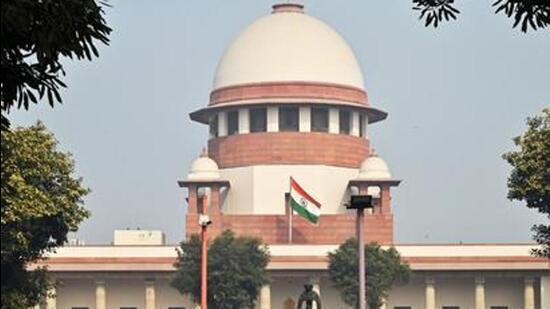
Calling someone ‘Miyan-Tiyan’ & ‘Pakistani’ not an offence: Supreme Court
In a recent ruling, the Supreme Court of India has stated that calling someone “Miyan-Tiyan” and “Pakistani” is not an offence and does not amount to hurting religious sentiments. The ruling came after a case was filed against an 80-year-old man who was accused of hurling abuses at an Urdu translator in Jharkhand.
The case was filed by the translator, who claimed that the 80-year-old man used derogatory language against him, including calling him “Miyan-Tiyan” and “Pakistani”. However, the Supreme Court dismissed the case, stating that the remarks were in poor taste but did not constitute a criminal offence.
The ruling has sparked a debate about the sensitivity of language and the importance of respecting religious sentiments. While some have argued that the use of such language is offensive and hurtful, others have pointed out that it is not necessarily a criminal offence.
In its ruling, the Supreme Court noted that the Constitution of India guarantees the right to freedom of speech, but also recognizes the importance of respecting the religious sentiments of others. The court emphasized that the use of derogatory language is not necessarily a criminal offence, and that the intention behind the language used is important in determining whether it constitutes an offence.
The case highlights the complexities of language and the importance of understanding the cultural and religious context in which language is used. While some may view the use of language as offensive, others may not. The Supreme Court’s ruling is a reminder that language is a complex and multifaceted issue, and that the interpretation of language is often subjective.
The ruling has also sparked a debate about the use of language in public discourse. Many have argued that the use of derogatory language is unacceptable and should be avoided in public discourse. Others have argued that language is a tool that can be used to bring people together or to divide them, and that the use of derogatory language is a reflection of the values and beliefs of the person using it.
In conclusion, the Supreme Court’s ruling that calling someone “Miyan-Tiyan” and “Pakistani” is not an offence has sparked a debate about the sensitivity of language and the importance of respecting religious sentiments. While some may view the use of language as offensive, others may not. The ruling is a reminder that language is a complex and multifaceted issue, and that the interpretation of language is often subjective.






